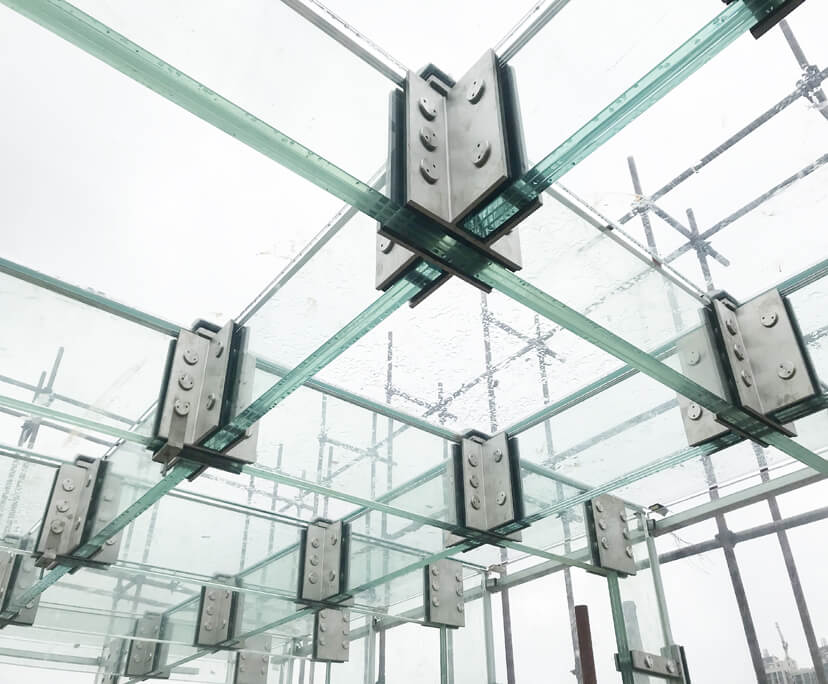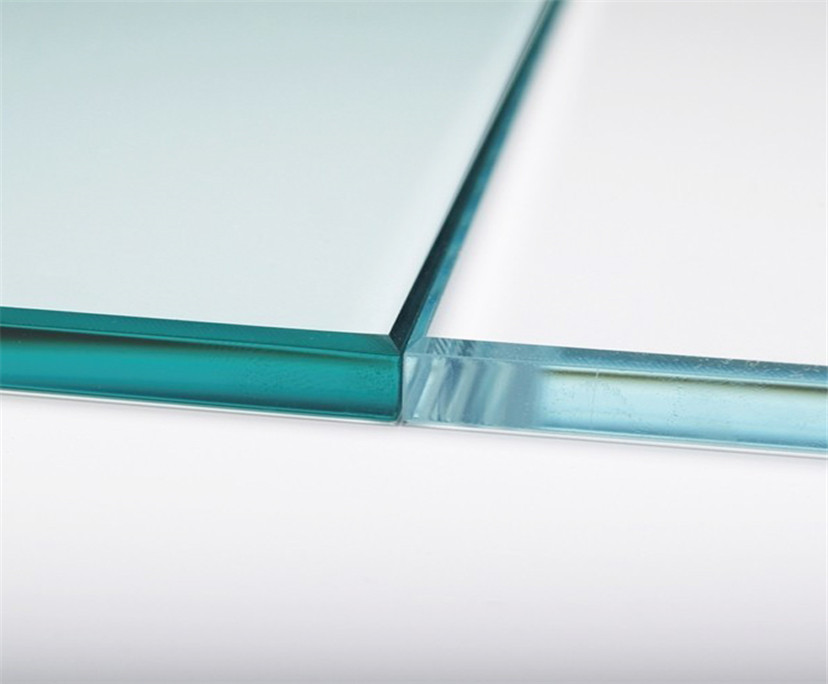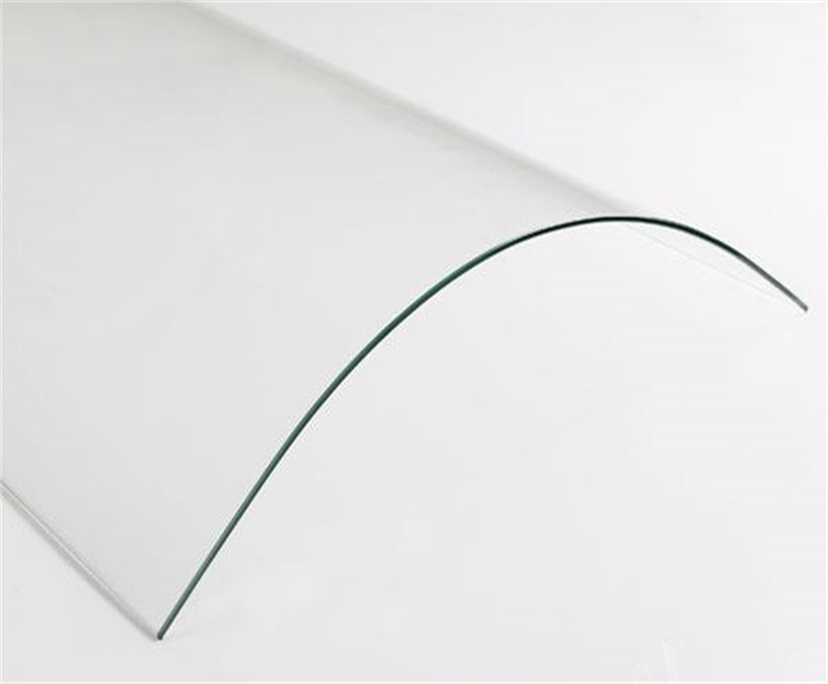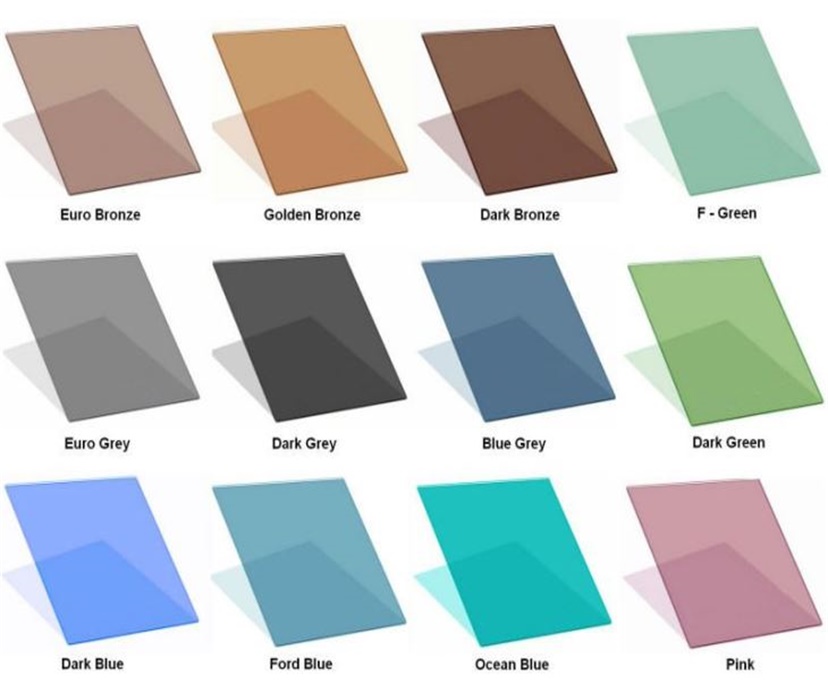Discover the Versatility and Heat Resistance of Ceramic Glass: A Complete Overview
Ceramic glass is a remarkable material that offers a wide range of applications and benefits. With its exceptional heat resistance and versatility, it has become a popular choice in various industries. In this article, we will explore the many uses and advantages of ceramic glass, as well as its manufacturing process and maintenance requirements.
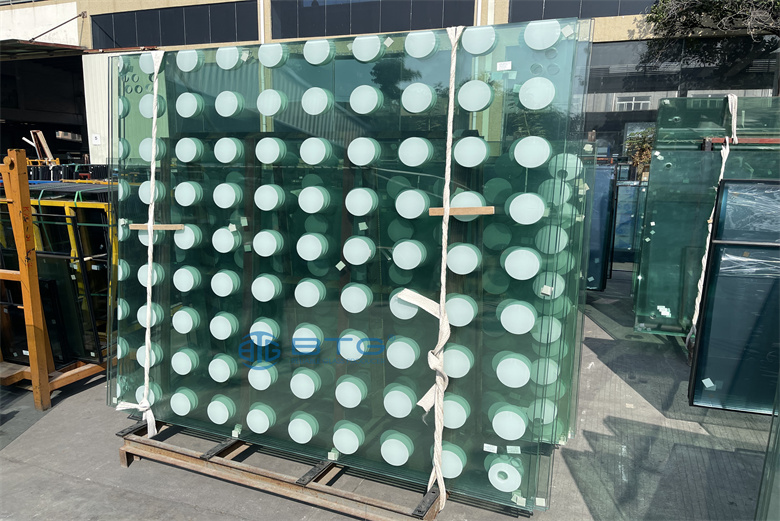
One of the key features of ceramic glass is its ability to withstand high temperatures. It is made from a combination of inorganic materials, such as silica and alumina, which give it its heat-resistant properties. This makes ceramic glass ideal for applications where exposure to intense heat is common, such as in industrial furnaces, kilns, and laboratory equipment.
In addition to its heat resistance, ceramic glass is also known for its excellent electrical insulation properties. It does not conduct electricity, making it suitable for use in electrical components and appliances. This is particularly important in industries where safety is a top priority, such as the manufacturing of electrical insulators and high-voltage equipment.
The versatility of ceramic glass extends beyond its thermal and electrical properties. It can be manufactured in various shapes and sizes, allowing for customization to suit specific applications. From flat panels to curved surfaces, ceramic glass can be molded and formed to meet the unique requirements of different industries.
One notable application of ceramic glass is in the automotive industry. It is used in the manufacturing of heat-resistant windows and windshields for vehicles. Ceramic glass helps to reduce the transfer of heat from the sun, keeping the interior of the car cooler and more comfortable. Additionally, its strength and durability make it resistant to impact and shattering, enhancing the safety of passengers.
Another industry that benefits from ceramic glass is the architecture and construction sector. It is commonly used in the design of fire-resistant doors, windows, and facades. Ceramic glass acts as a barrier against flames and heat, providing valuable time for evacuation in the event of a fire. Its transparency also allows for natural light to enter buildings, creating a bright and inviting environment.
Maintaining ceramic glass is relatively simple. Regular cleaning with non-abrasive materials and mild detergents is usually sufficient to keep it looking its best. It is important to avoid using harsh chemicals or abrasive cleaners, as these can damage the surface of the glass.
In conclusion, ceramic glass is a versatile and heat-resistant material that finds applications in various industries. Its ability to withstand high temperatures, excellent electrical insulation properties, and customizable nature make it a valuable choice for a wide range of uses. Whether it's in industrial settings, automotive manufacturing, or architectural design, ceramic glass continues to prove its worth as a reliable and efficient material.


